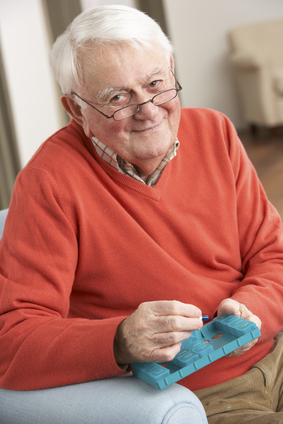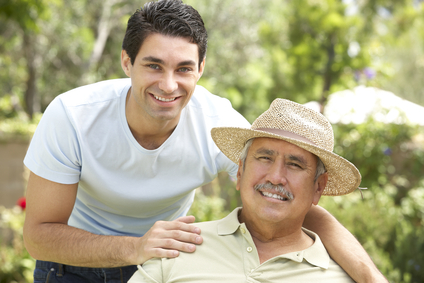You need surgery – perhaps a new hip, tumor removal, a face lift, or repair of an ACL.
Used to be you would show up at the hospital hours before your surgery, where you would be prepped, anesthetized, the surgery would take place, then you’d begin your recovery. Nurses attended your every need.
While the overall process hasn’t changed much in recent years, the details and outcomes have. Unfortunately, some of those changes are deadly.
The most dangerous change is the increase in hospital infections. You’ll recognize some of their names like MRSA (“mer-suh”, also called staph) and C.Diff. These infections kill at least 100,000 of the 1.7 million Americans who are infected in hospitals each year, many of them surgery patients.
You may recently have heard about another, newer infection called CRKP (Carbapenem-resistant Klebsiella pneumonia.) CRKP is killing up to 44 percent of hospital patients who have contracted it in 36 states, including New York.
I hope this alarms you – it should! Enough to take some responsibility for preventing these infections for yourself or a loved one who may need surgery.
Here’s how:
Begin by choosing hospitals and surgeons with the lowest infection rates. The US Department of Health and Human Services offers a website that can give you some of that information at Hospital Compare.
Prepare ahead by asking your surgeon about prescriptions for pre-surgery antibiotics, or special germ-killing soaps to use during pre-surgery showers.
Pack to prevent infections, too. Take bleach-based antiseptic wipes and sprays to clean hospital room surfaces where germs reside, like the bedside table, the hospital bed rails, the telephone, TV remote, bathroom surfaces and doorknob. A germ-filtering mask might stop germs that travel through the air, like those that cause pneumonia or upper-respiratory diseases.
Most deadly infections are spread by touching. So the most important step is insisting that everyone wash their hands before touching you, and before touching something that will then touch you, like a stethoscope (which should also be sanitized.) Hospital providers know full well they should wash their hands, but they aren’t always diligent about it. Don’t be afraid to remind them, or even nag them about it.
Then be sure an advocate sits by your bedside for those times you are sleeping or drugged and can’t stay on top of your own infection control.
It’s more important than ever that patients and their advocates work to prevent hospital infections.
……………………..
Learn more about preventing hospital acquired infections.
Learn more about hospital infections like MRSA, C.Diff. and CRKP.
If you need help with an aging parent or family member needing surgery or struggling with a complex medical condition ReAssured Advocacy can help. Call us today at 303-756-8436.
Reprinted with permission from Trisha Torrey, Every Patient’s Advocate: www.EveryPatientsAdvocate.com
© Depositphotos.com/kovalvs










